Iyke Bede
Amid rising hunger, more than 33 million Nigerians are projected to face acute food insecurity during the 2025 lean season, according to the World Food Programme. That horrid figure marks a jump of seven million from the previous year, revealing how inflation, climate shocks, and insecurity have deepened hardship across the country. It is against this backdrop that the Renewed Hope Initiative (RHI), led by First Lady Oluremi Tinubu, has continued to push its outreach programme into communities most at risk.
The latest stop was Lagos, where women’s groups turned out in large numbers as beneficiaries of the programme. Persons with disabilities were also featured, reflecting the initiative’s focus on vulnerable groups. The event combined formal proceedings with cultural performances, as traditional drummers, dancers, and praise singers welcomed dignitaries and entertained participants.
Represented at the event by Nana Shettima, wife of the Vice President, Mrs Tinubu emphasised that the food scheme, launched in March 2024, was created to ease the burden of the most vulnerable. “This Food Outreach Scheme under the Renewed Hope Initiative’s Social Investment Scope was launched to provide food items to persons with disabilities and other vulnerable groups in order to support their families,” she explained.
The programme is powered by consistent donations from the Abdul-Samad Rabiu Africa Initiative (ASR) and an anonymous benefactor. Each month, they supply two truckloads of food items, distributed across two states. With Lagos now on the list, 16 states and the Federal Capital Territory have already benefitted, with Bayelsa and Sokoto set to follow. For many gathered at the Lagos outreach, the trucks of food symbolised not just relief but recognition in a system where the most marginalised often go unseen.

Receiving the items on behalf of beneficiaries, Lagos First Lady Dr. Ibijoke Sanwo-Olu described the intervention as both timely and meaningful. “Providing essential food items to those in need at this time is deeply appreciated. I am confident this gesture will make a significant difference in the lives of today’s beneficiaries,” she said. Her words echoed the gratitude of the crowd, many of whom saw the outreach as a rare chance for respite from the daily strain of survival.
But RHI’s work does not stop with food relief. The initiative has been expanding into empowerment and welfare-focused programmes aimed at addressing systemic inequalities. The SDG/RHI Women Empowerment Programme for the South-West Zone, for instance, has begun equipping women-led businesses with tools such as freezers, cookers, ovens, and generators, giving them the means to scale their small ventures. A collaboration with the Tony Elumelu Foundation will soon disburse N50,000 each to 500 women per state and the FCT, supported by a N1 billion fund set aside to promote women’s economic independence.
Other projects are in the pipeline, including programmes tailored for the elderly and more targeted support for persons with disabilities. One flagship effort, aptly titled ‘Flow with Confidence,’ will provide a year’s supply of sanitary pads to 370,000 schoolgirls nationwide, helping them stay in school during their menstrual cycles.
For Mrs Tinubu, the work of the RHI is directly tied to the national vision of her husband’s administration. “Our goal at RHI is to complement the Renewed Hope Agenda of the Administration of His Excellency, President Bola Ahmed Tinubu, which aims to support all Nigerians to thrive and achieve their goals irrespective of their condition or status,” she said.
The Lagos State government echoed that sentiment, aligning the initiative with its THEMES+ agenda, which prioritises social inclusion, health, and economic empowerment at the grassroots. For Governor Babajide Sanwo-Olu’s administration, partnerships like the RHI outreach not only ease immediate pressures but also reinforce its push to embed social protection within governance.



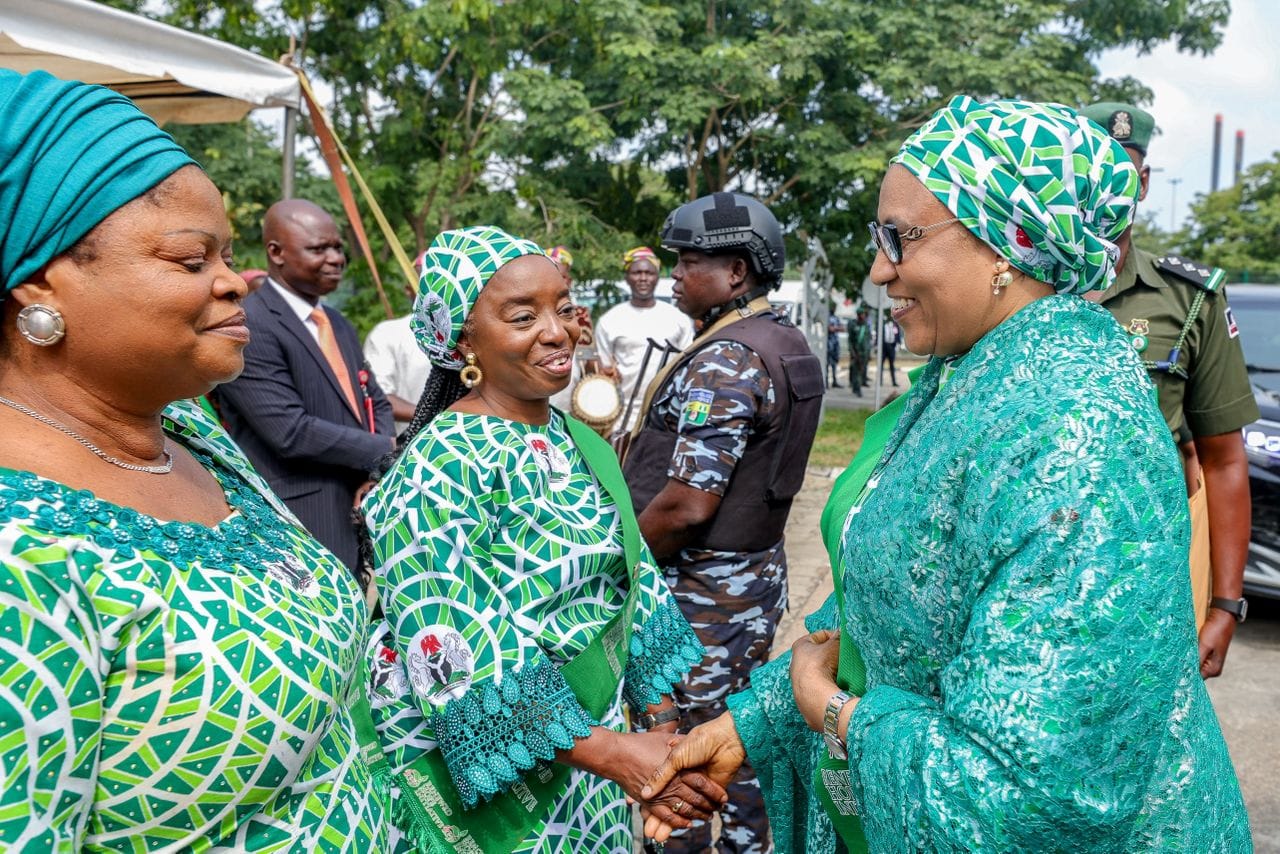


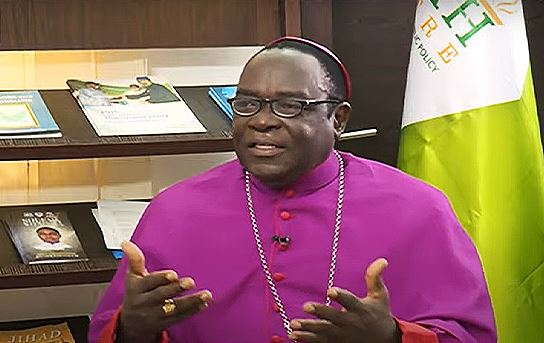
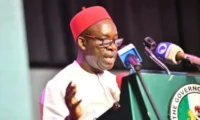


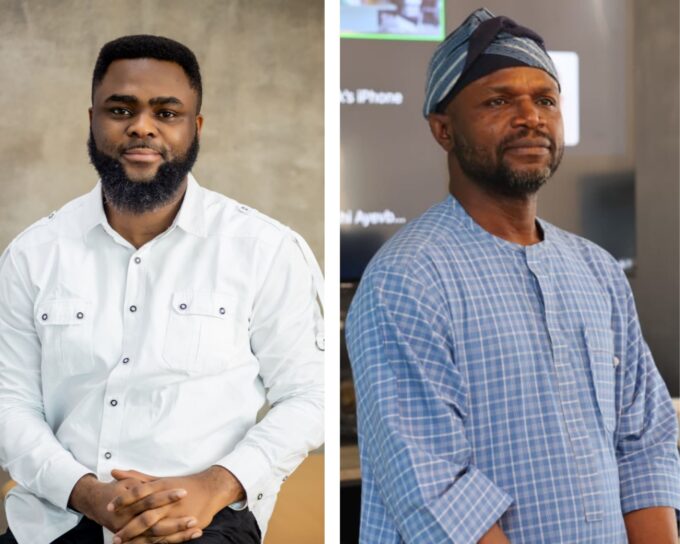

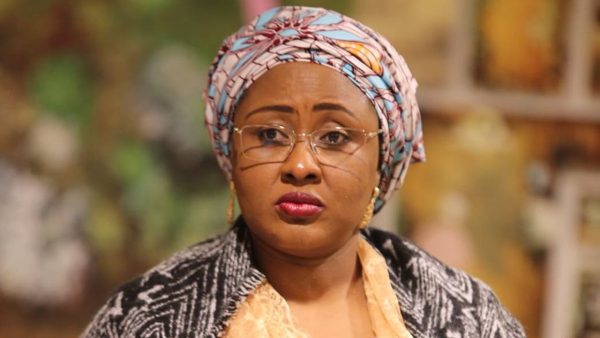


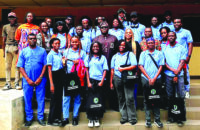
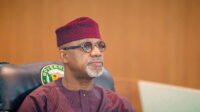
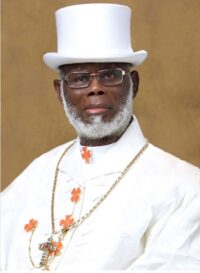
Leave a comment